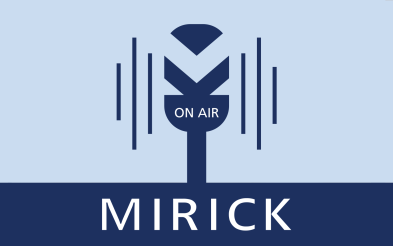Thirty years ago next month, my mother died in a nursing home. Back then, there weren’t open discussions, shared knowledge, or resources available to people with Alzheimer’s Disease. Most seniors died from “hardening of the arteries” or just “old age.”
There were no home care agencies or day programs for those with memory loss, support groups, or government programs to help you stay home. My quiet mother was embarrassed to say anything because she was afraid to lose her place, afraid to leave the house, and anxious when my father left, even for a moment. Then there was my father, frustrated and angry to see his wife of 60 years recede into herself, angry with himself when my mother broke her hip and ended up in the nursing home where my father had always promised not to send her. It was after my mother died that I started doing elder law.
A lot has changed in thirty years. While no one has found a “cure” for the diseases that cause memory loss, memory loss can be dealt with and adapted to. But first, whether the memory loss is happening to you or someone you love, you need to push beyond the denial. The sooner you face the fact that you might have a problem, the sooner you can get a diagnosis and start looking for the programs and other supports to help you and those you love. If you do not know where to start, I have several suggestions:
- Call your senior center. You may be surprised by the variety of local resources to which the senior center staff can direct you. There may very well be a support group or day program for those with memory loss right at the senior center. If not, the folks there can tell you where the programs are and who to contact.
- Call the Alzheimer’s Association. There is a national 24-hour hotline staffed by people who can point you directly to resources and programs in your community.
- Find a support group. My father and mother felt so alone, so trapped and unaware of others right in Marlborough who were going through the same thing. Things are different now.
- Call BayPath Elder Services or Elder Services of Cape Cod and the Islands at 508-573-7200. Their trained staff will probably want to visit your home and connect you with programs. They also have resources to help you pay for home care and other services.
- Talk to an elder law attorney to make sure you have a strategy that will give you the support of government programs that can help, ideally while keeping you or your loved one at home.
You can deal with memory loss. But first, you have to face it.
For more information on living with memory loss, watch this month’s elder law virtual seminar, which can be watched on Frank and Mary’s YouTube channel, www.youtube.com/elderlawfrankandmary, and on your local cable station, along with Frank and Mary in Northborough, where my co-host and I address many common issues facing seniors and the resources available during the pandemic. As always, if you have any questions or would like additional information, please contact me at (508) 860-1470 or abergeron@mirickoconnell.com.






